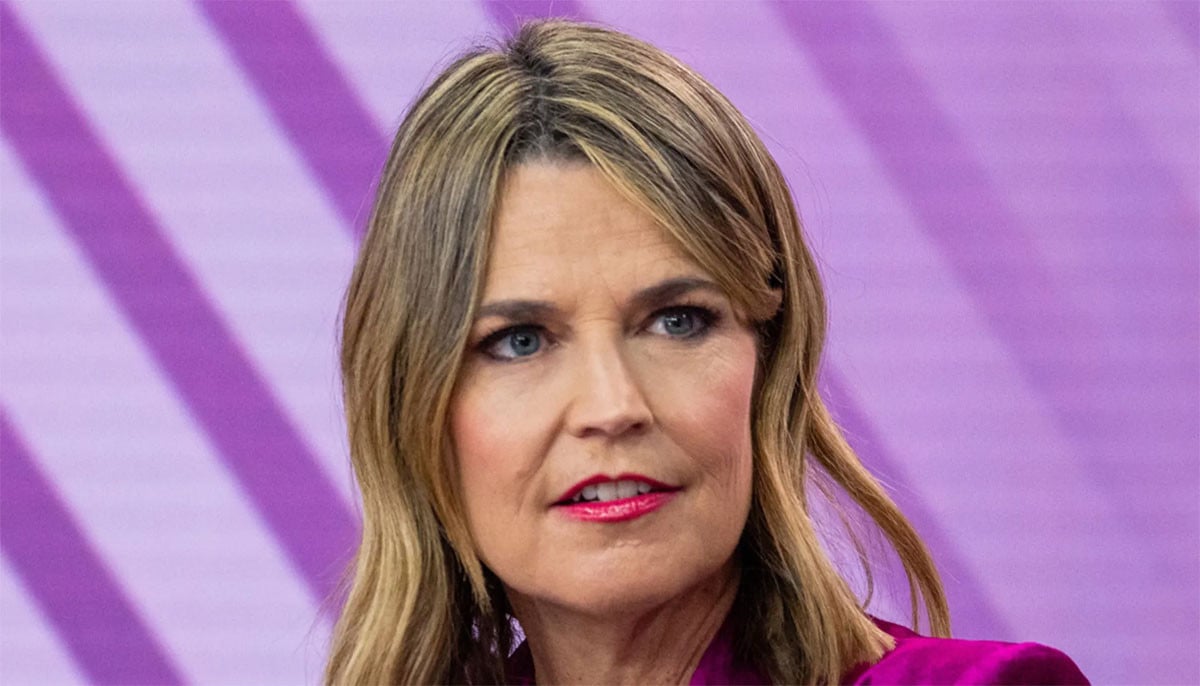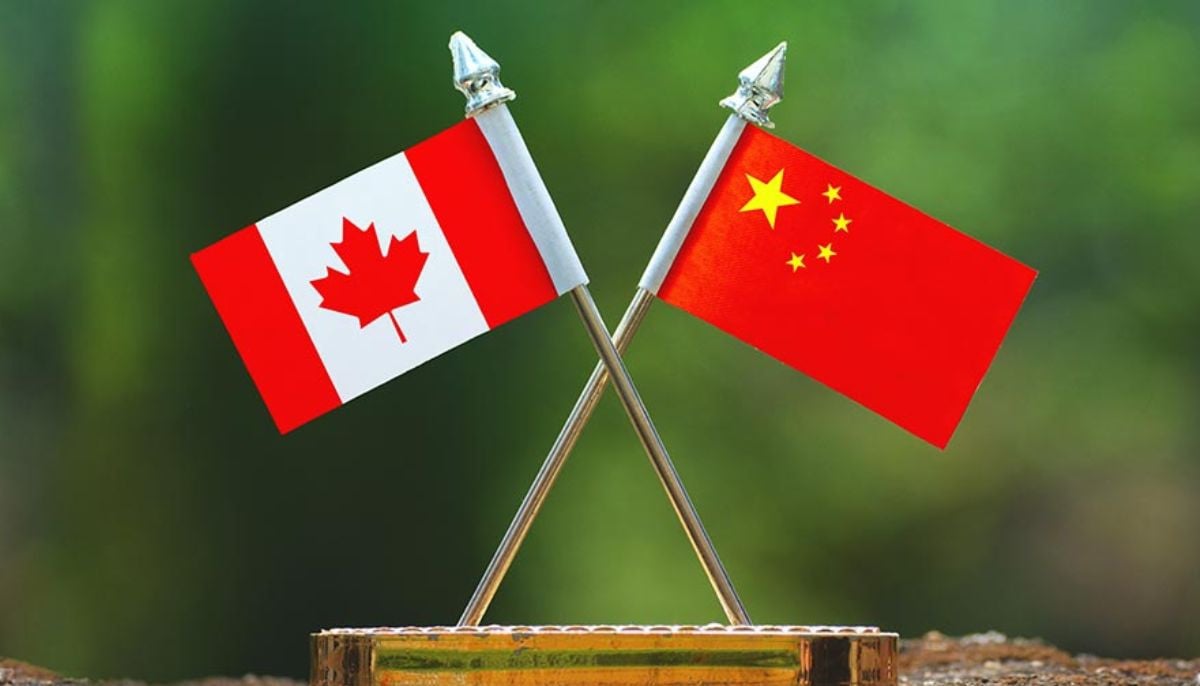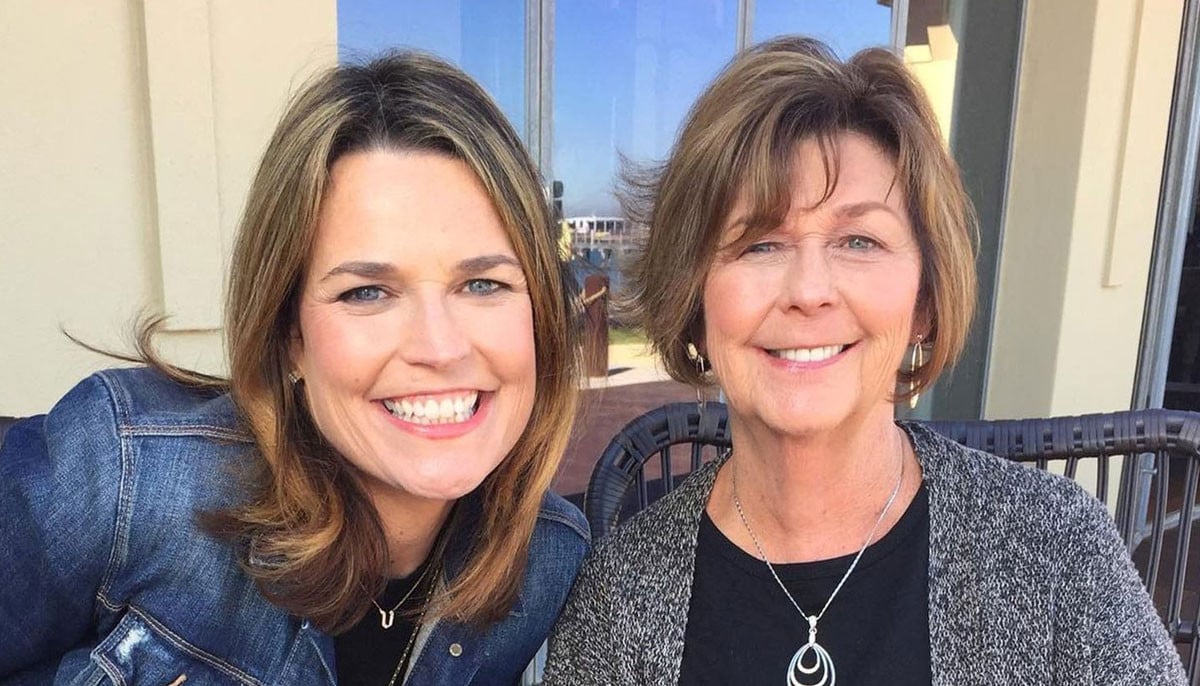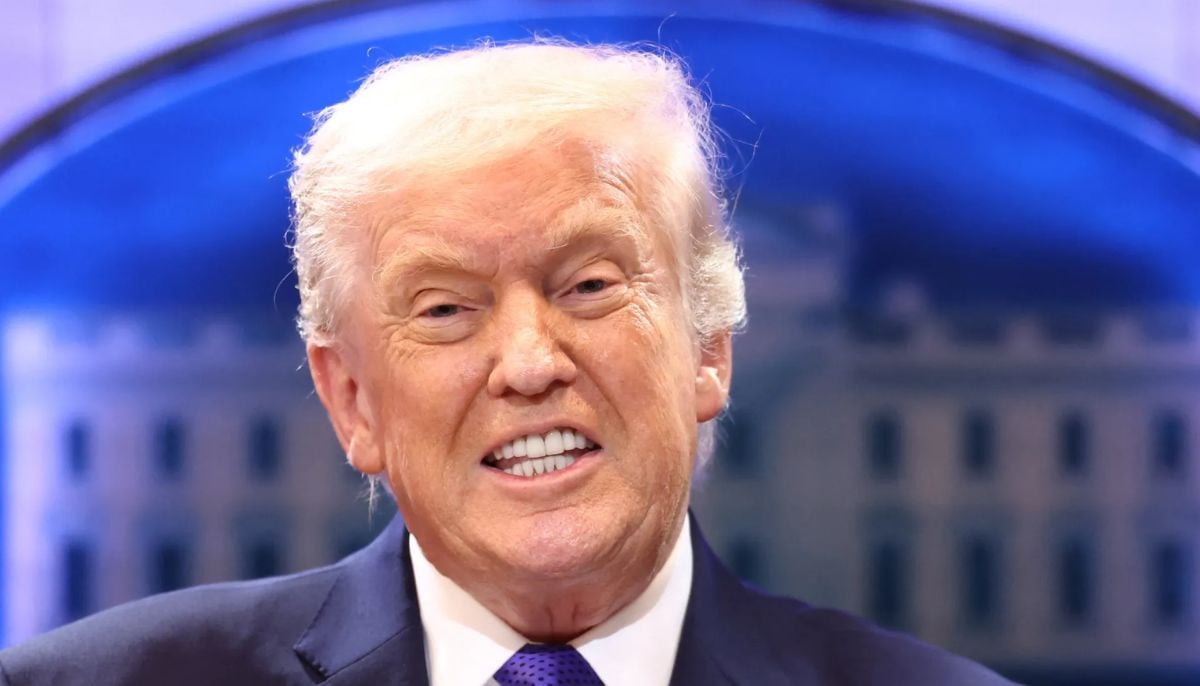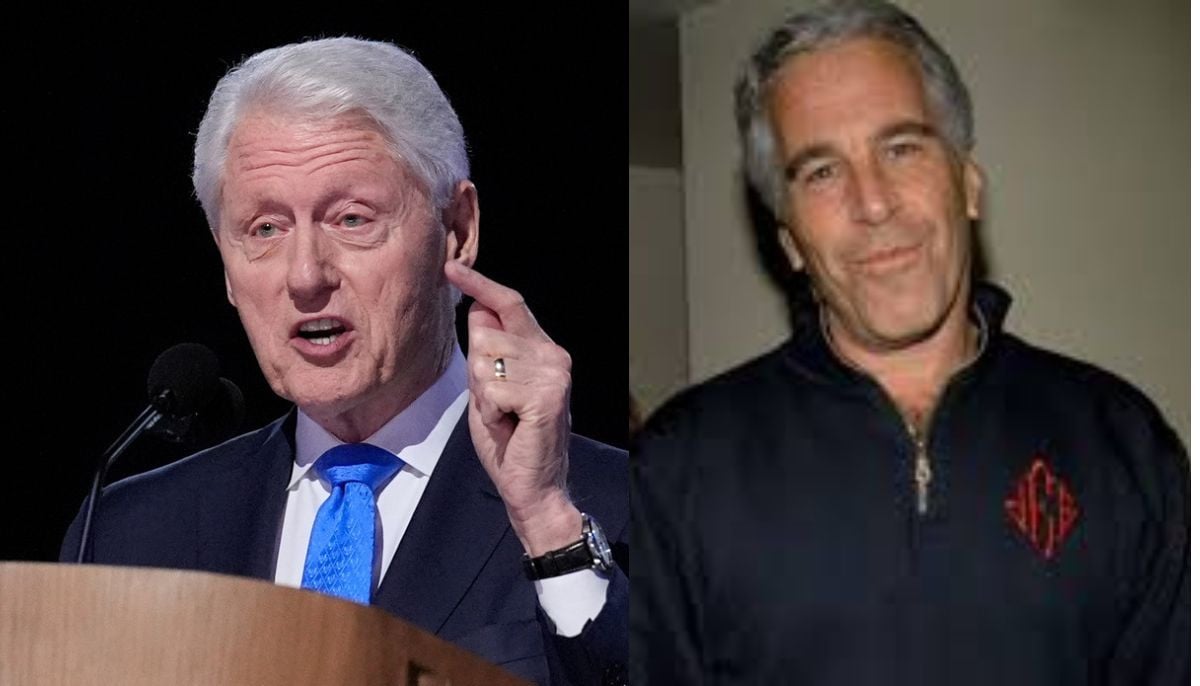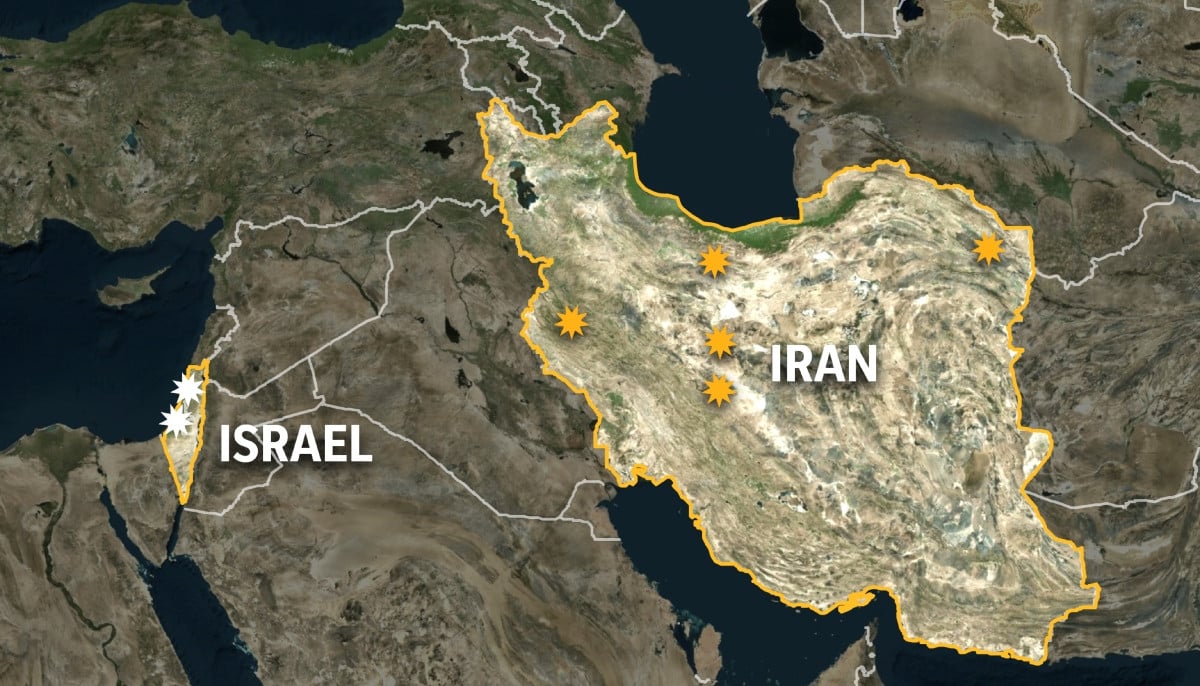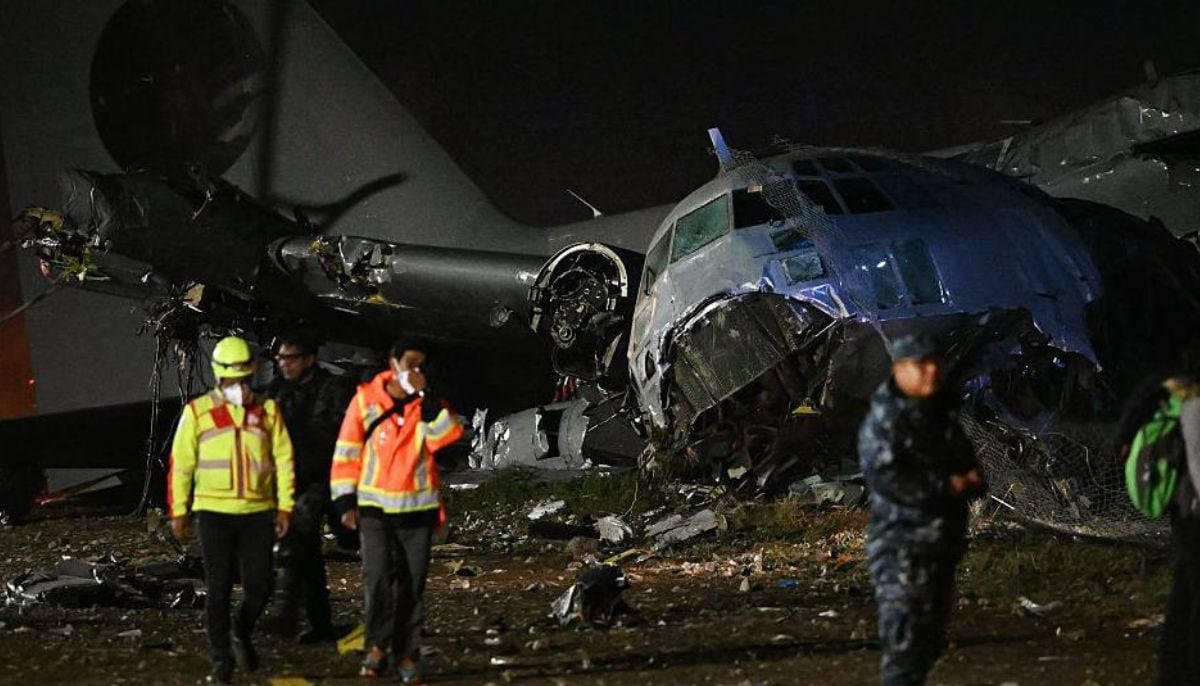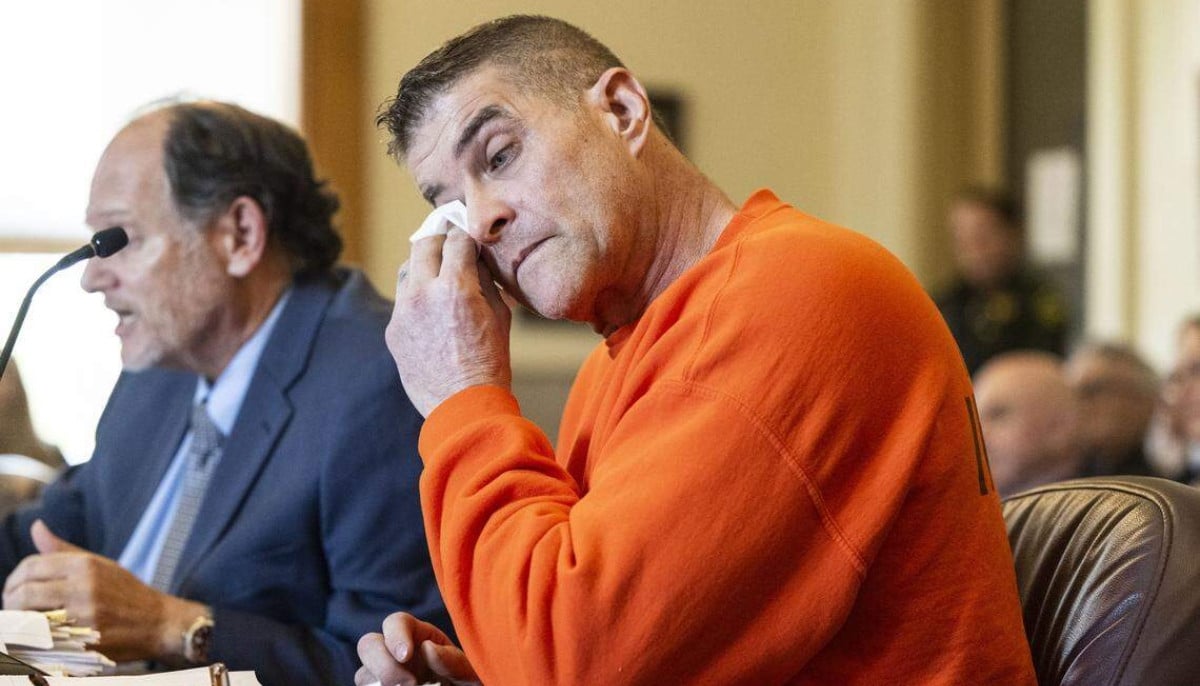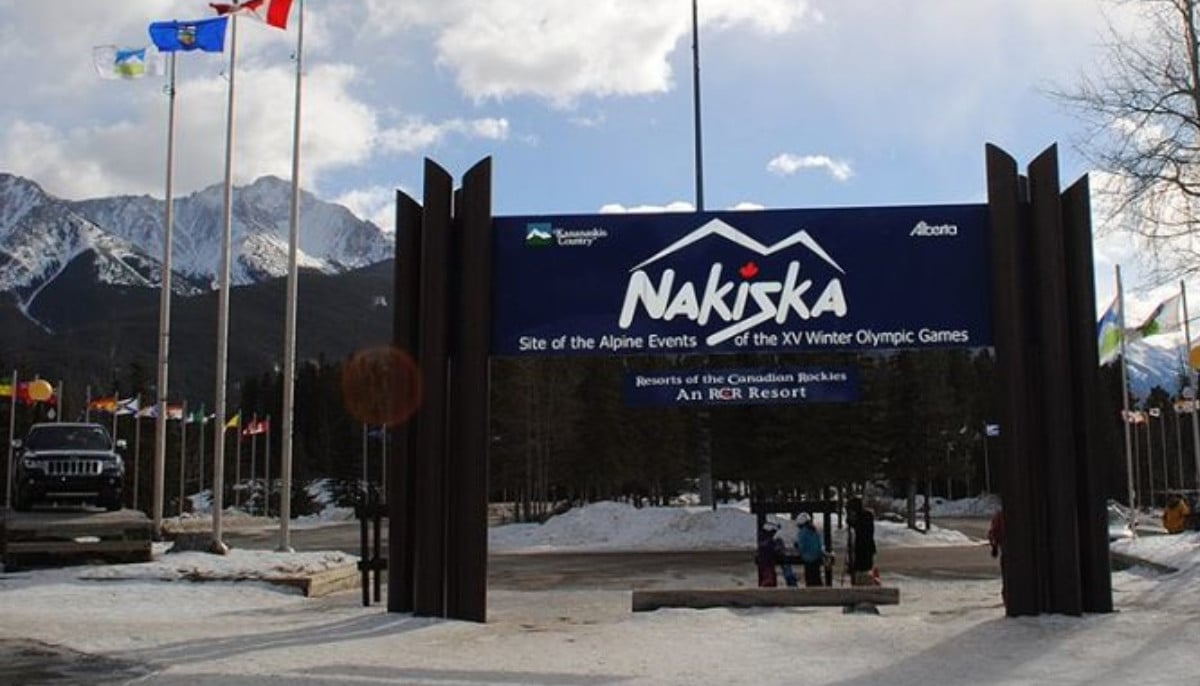Sri Lanka declares emergency to quell anti-Muslim riots
Sri Lanka Tuesday declared a nationwide state of emergency to quell anti-Muslim riots that have killed at least two people and damaged dozens of mosques and homes.
COLOMBO: Sri Lanka Tuesday declared a nationwide state of emergency to quell anti-Muslim riots that have killed at least two people and damaged dozens of mosques and homes.
"The cabinet of ministers decided on tough measures, including a 10-day nationwide state of emergency," Minister of City Planning Rauff Hakeem said as police imposed a curfew in the riot-hit central district of Kandy.
The government deployed heavily-armed police commandos in the hill station region, which is popular with tourists, after rioters defied an overnight curfew and went on the rampage.
The curfew in the district was extended after the body of a Muslim man was pulled from the ashes of a burnt building, threatening to further raise communal tensions that have flared up across Sri Lanka in recent weeks.
The emergency declaration gives authorities sweeping powers to arrest and detain suspects for long periods, and allows the government to deploy forces where needed.
It is the first time in seven years Sri Lanka has resorted to such a measure. The island nation was under a state of emergency for nearly three decades as government forces battled Tamil rebels in a civil war that ended in 2009.
Hakeem said the riots were concentrated in Kandy -- home to famous tea plantations and Buddhist relics -- but the government wanted to send a strong message given outbreaks of communal violence elsewhere recently.
A police spokesman said earlier Tuesday hundreds of commandos from the police Special Task Force had been deployed to Kandy to restore order and enforce the curfew.
Muslim homes, business and mosques were badly damaged in riots Monday triggered by the death of a Sinhalese man at the hands of a mob last week.
The Sinhalese are a mainly Buddhist ethnic group making up nearly three-quarters of Sri Lanka´s 21 million people. Muslims account for 10 percent of its population.
More than two dozen arrests have been made and an inquiry opened into police conduct in Kandy, just the latest region to be plagued by religious and ethnic conflict.
Mobs set fire to Muslim-owned businesses and attacked a mosque in the east of the country last week after a Muslim chef was accused of adding contraceptives to food sold to Sinhalese.
The government dismissed the allegation as baseless and ordered the arrest of those fomenting unrest in the area.
Last November riots in the south of the island left one man dead and homes and vehicles damaged.
In June 2014 riots between Buddhists and Muslims left four dead and many injured.
That violence was instigated by a Buddhist extremist group whose leaders are on trial accused of spurring religious conflict.
-
Savannah Guthrie speculations 'sadly' coming true about mother Nancy
-
Trump administration warns of slow payouts for tariff refunds amid intensifying trade disputes
-
‘I saw nothing’: Bill Clinton denies knowledge of Epstein’s crimes in House testimony
-
Israel launches attack on Iran's capital and declares state of emergency
-
At least 15 dead after military plane carrying new banknotes plunges out of control in Bolivia
-
Daniel Serafini gets life without parole in in-laws murder and attempted murder case
-
Nakiska Ski Area avalanche leaves youth unresponsive, second skier escapes unhurt
-
Igor Komarov missing in Bali: Seven foreign suspects arrested in kidnapping probe



